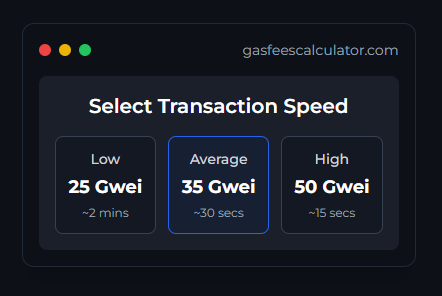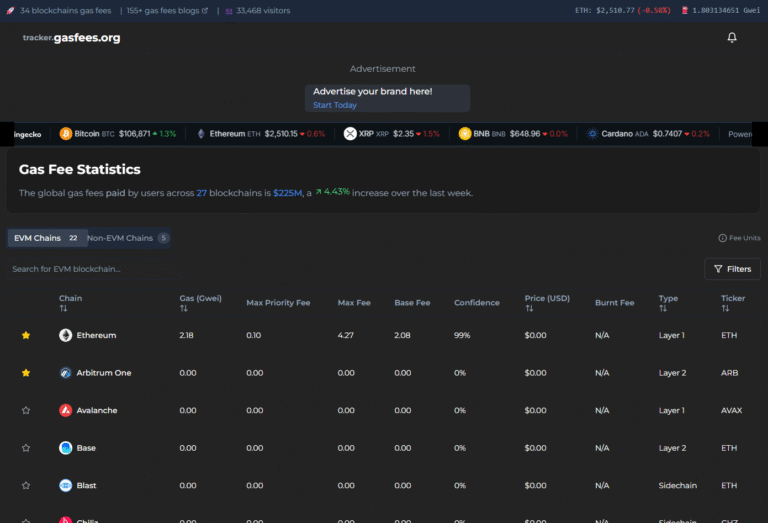What Are Aurora Gas Fees?
Aurora is a layer-2 scaling solution built on the NEAR Protocol, designed to enhance Ethereum compatibility while offering faster transactions and lower costs. Gas fees on Aurora are the costs incurred for processing transactions or executing smart contracts on its blockchain. These fees are paid in ETH, as Aurora operates as an Ethereum Virtual Machine (EVM)-compatible layer, but they are significantly lower than Ethereum mainnet fees due to Aurora’s integration with NEAR’s scalable infrastructure.
The gas fee structure in Aurora is dynamic, based on the computational resources required for a transaction and network congestion. For instance, simple transfers may cost a fraction of a cent, while complex DeFi interactions could be slightly higher but still cost-effective compared to Ethereum. Aurora’s design allows developers to customize gas fee payments, enabling features like gasless transactions for users (where developers cover fees) or paying fees with custom tokens instead of ETH.
To optimize costs, users can leverage Aurora’s high throughput and low-latency network, which minimizes fee spikes during peak usage. Tools like Aurora’s block explorers or wallet integrations provide real-time fee estimates, helping users make informed decisions. By combining Ethereum’s developer-friendly ecosystem with NEAR’s efficiency, Aurora’s gas fees offer a compelling balance of affordability and performance for DeFi, gaming, and NFT applications.
What networks are Layer 1 (L1) or Layer 2 (L2)
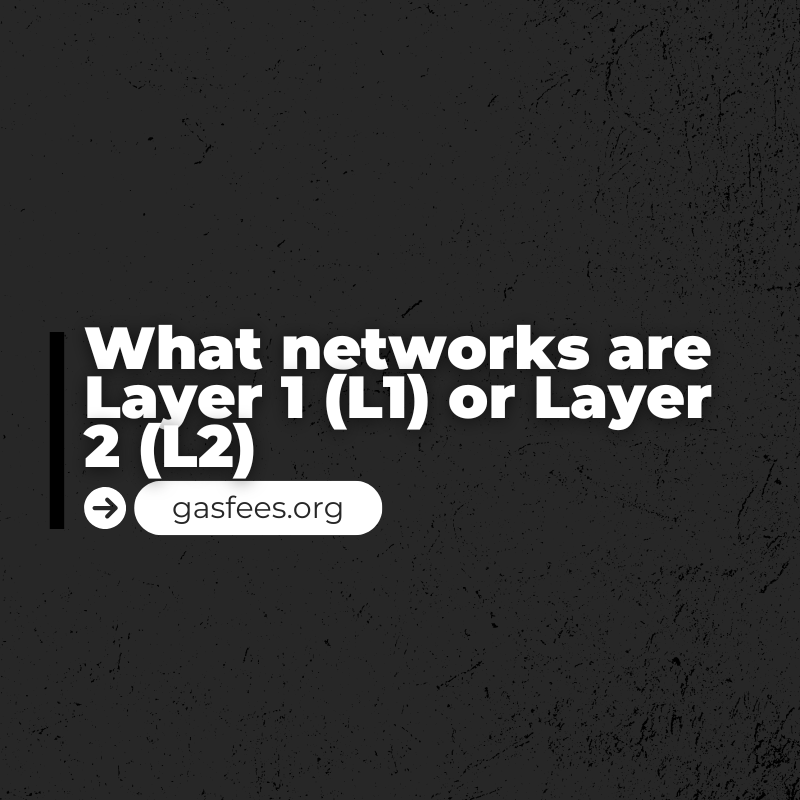
Layer 1 (L1) networks, like Bitcoin and Ethereum, form the base layer of blockchain technology, providing security and decentralization. Layer 2 (L2) networks, such as Polygon and Optimism, are built on top of L1s to enhance scalability and reduce transaction costs. This guide explores the key differences and popular examples of L1 and L2 networks.
What Are Arbitrum Gas Fees?
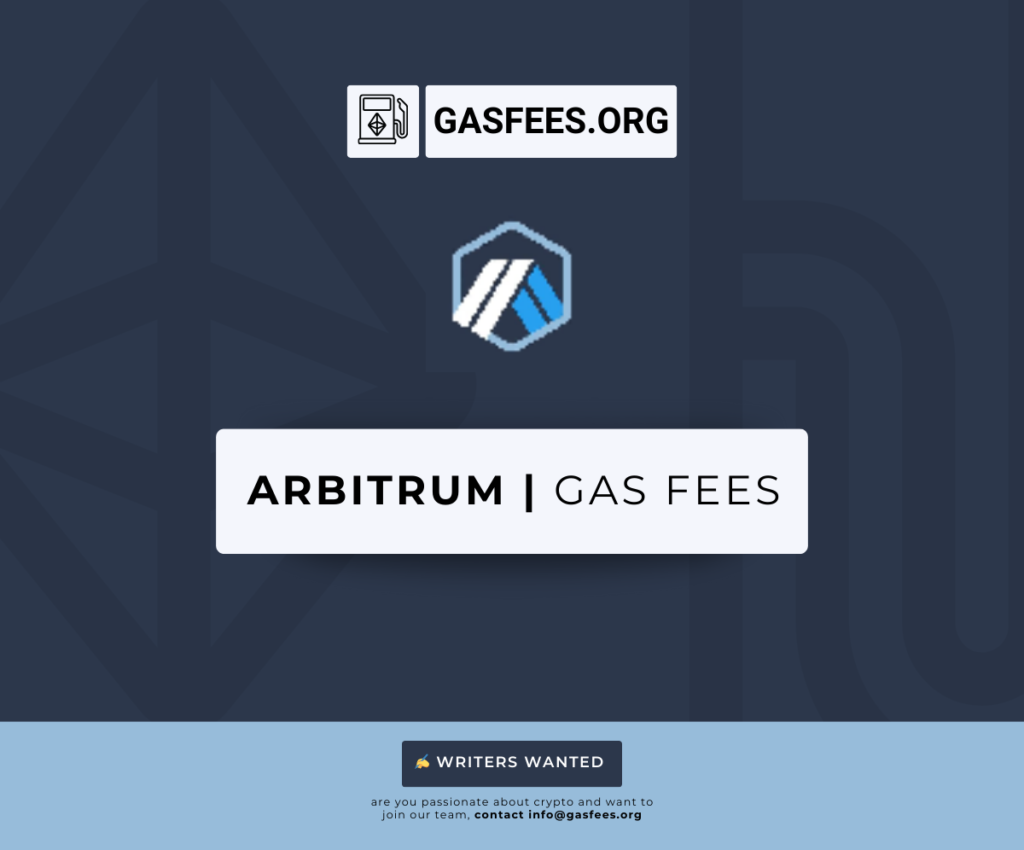
Arbitrum is one of the leading Layer 2 scaling solutions built on Ethereum, designed to offer faster and cheaper transactions. But what exactly are Arbitrum gas fees, and how do they compare to Ethereum’s? In this article, we break down how Arbitrum reduces costs, what factors influence its gas fees, and how you can monitor them in real time.
What Are Polygon Gas Fees?
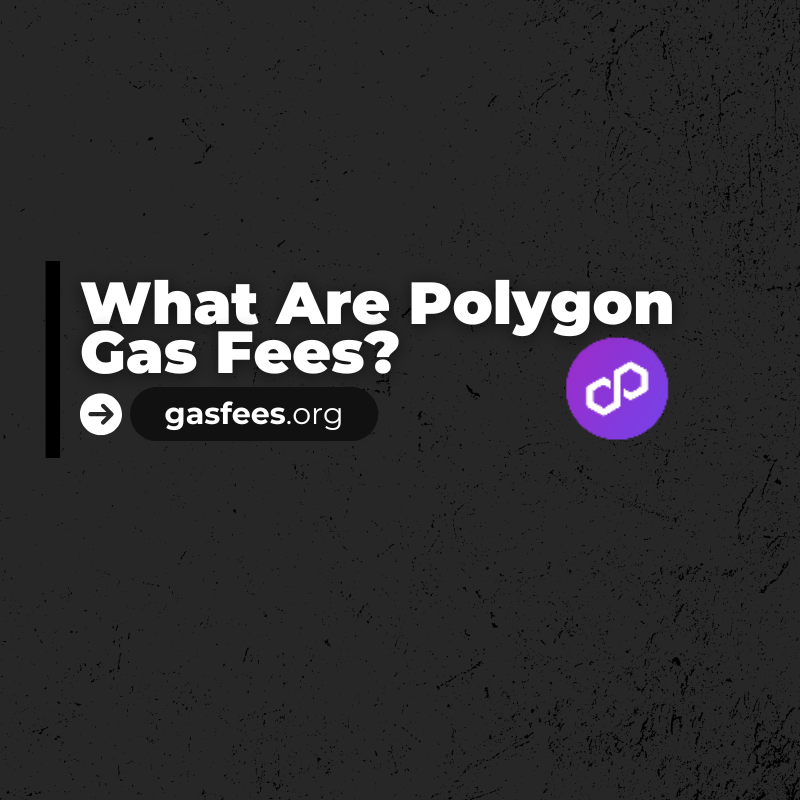
Learn about Polygon gas fees and how they enable fast and cost-effective transactions on the network. This guide breaks down what they are, how they’re calculated, and strategies to keep your transaction costs low while using Polygon.
